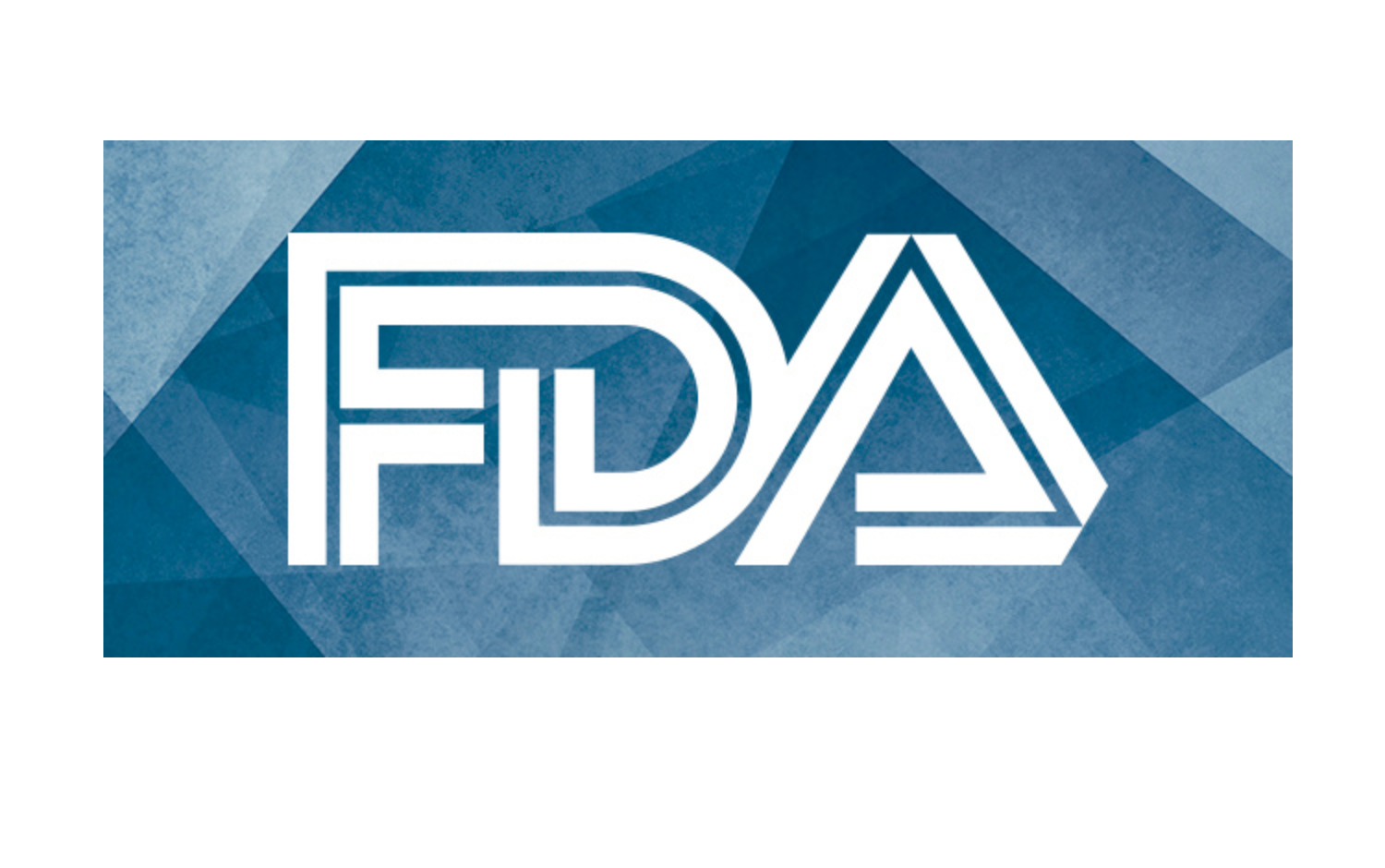FDA Approves Dexcom's Stelo, First Over-the-Counter Continuous Glucose Monitor
The CGM system is for adults over the age of 18 years who do not use insulin, such as individuals with T2D who use oral medications, a US population of 25 million.

The Dexcom Stelo Glucose Biosensor System won US Food and Drug Administration (FDA) clearance on March 5, 2024, to become the first-ever over-the-counter continuous glucose monitor (CGM), according to a company announcement.1
Use of the integrated CGM (iCGM) system, available without a prescription from a health care professional, is intended for use by adults aged 18 years and older who do not use insulin, which could include individuals with type 2 diabetes who use oral medications, the FDA said,1 a population estimated at 25 million in the US.2 The system is not equipped with an alert feature and so should not be used by anyone with problematic hypoglycemia, Dexcom stressed.2
The system’s small wearable sensor is applied to the back of the upper arm and is paired with a smartphone application to continuously measure, record, and analyze glucose values, displaying measurements and trends every 15 minutes. Each sensor can be worn for up to 15 days.1 The FDA and Dexcom, however, caution users against making medical decisions based on Stelo output without consulting a health care professional.1,2
“CGMs can be a powerful tool to help monitor blood glucose. Today’s clearance expands access to these devices by allowing individuals to purchase a CGM without the involvement of a health care provider,” Jeff Shuren, MD, JD, director of the FDA’s Center for Devices and Radiological Health said in an FDA statement.1 “Giving more individuals valuable information about their health, regardless of their access to a doctor or health insurance, is an important step forward in advancing health equity for U.S. patients.”1
“Based on our experience serving people with Type 2 diabetes not using insulin, we have developed Stelo with their unique needs in mind,” Jake Leach, executive vice president and chief operating officer at Dexcom added in the company announcement.2
The FDA’s clearance for marketing of the Stelo Glucose Biosensor System is based on data from a clinical study that favorably compared Stelo to other iCGM systems, the agency wrote.1
“Use of CGM can help empower people with diabetes to understand the impact of different foods and activity on their glucose values,” family physician Tamara Oser, MD, associate professor in the department of medicine at Colorado University School of Medicine said in the Dexcom announcement.2 “For people newly diagnosed with Type 2 diabetes or not taking insulin, these devices are often not covered by insurance and Stelo presents an opportunity to provide valuable information that can impact their diabetes management.”2
The FDA suggests the device may also be useful for individuals who do not have type 2 diabetes who are interested in learning more about how diet and physical activity may affect blood glucose levels.1
Dexcom said that Stelo will be available for purchase online without a prescription beginning in the summer of 2024.2
References
1. FDA clears first over-the-counter continuous glucose monitor. News release. US Food and Drug Administration. March 5, 2024. Accessed March 6, 2024. https://www.fda.gov/news-events/press-announcements/fda-clears-first-over-counter-continuous-glucose-monitor.
2. Stelo by Dexcom first glucose biosensor to be cleared by FDA as over-the-counter. News release. Dexcom. March 5, 2024. Accessed March 5, 2024. https://investors.dexcom.com/news/news-details/2024/Stelo-by-Dexcom-First-Glucose-Biosensor-to-be-Cleared-by-FDA-as-Over-the-Counter/default.aspx
New machine-learning approach could speed precision drug development
The approach, detailed this week in the journal Nature, uses a platform called Molecular Surface Interaction Fingerprinting (MaSIF) to design custom proteins that bind to drug-bound target proteins.
AI-enabled CGM app shows promise for glycemic control, weight management
The broader implications of this study suggest that digital health platforms like January V2 have the potential to play a crucial role in the future of chronic disease management,” the authors write.